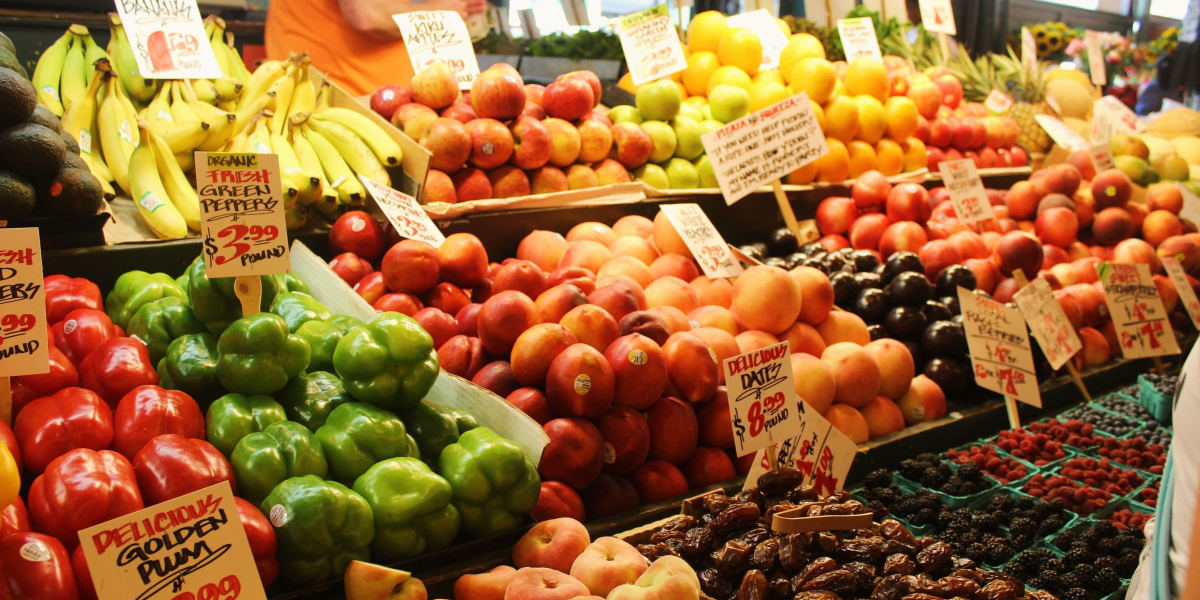“Mixed Reactions Surround Washington State’s Bid to Block Kroger-Albertsons Merger”
The recent move by Washington State to block the proposed merger between Kroger and Albertsons has ignited a flurry of mixed reactions and raised critical questions about its potential implications. We’ll delve into the expected effects on consumers, the reasons behind Washington State’s involvement, and the potential impact on the grocery store industry in the state.
A Consumer’s Concern: How Will This Affect Shoppers?
The proposed merger between Kroger and Albertsons, two retail giants in the grocery industry, has left consumers wondering about the potential impact on their shopping experience. The merger, if approved, could have several implications for shoppers:
- Price Changes: One of the primary concerns is the potential for price changes. Mergers of this scale can lead to cost efficiencies, but they may also reduce competition, allowing the combined entity to exercise more pricing power.
- Store Choices: The merger might result in the closure of some stores, leading to reduced choices for consumers. This could impact the convenience and variety of grocery shopping options.
- Quality and Service: Changes in the grocery landscape could also affect the quality of products and customer service. Consumer advocates worry that a lack of competition might reduce incentives for excellent service and product quality.
- Innovation: Competition often drives innovation. A reduced number of players in the market may slow down the introduction of new shopping technologies and services that benefit consumers.
Why is Washington State Getting Involved?
Washington State’s involvement in attempting to block the Kroger-Albertsons merger reflects its commitment to maintaining a competitive and consumer-friendly grocery market. Here are some key reasons behind the state’s intervention:
- Consumer Protection: The state’s primary concern is safeguarding the interests of its residents. Ensuring that consumers have access to competitive prices, a variety of choices, and quality service is at the forefront of Washington’s priorities.
- Market Competition: Competition is essential for a healthy economy. Washington State seeks to preserve a competitive grocery market that benefits consumers by preventing excessive market consolidation.
- Local Impact: The merger’s potential impact on local communities cannot be underestimated. Store closures and reduced options can affect the livelihoods of employees and the convenience of shoppers.
- Regulatory Oversight: States have the authority to scrutinize mergers and acquisitions within their borders to ensure they comply with antitrust laws and serve the public interest.
The Impact on the Grocery Store Industry in Washington
The proposed merger’s effect on the grocery store industry in Washington State is a topic of debate. While some argue that the merger could lead to cost efficiencies and innovation, others express concerns about reduced competition. Here are some potential outcomes:
- Increased Efficiency: A merged Kroger-Albertsons entity may be better positioned to optimize supply chains and reduce operating costs. This could lead to more competitive prices for consumers.
- Store Closures: There is a possibility of store closures as a result of the merger. This may impact local communities and employees who rely on these jobs.
- Local Alternatives: Independent and smaller grocery stores might benefit from the merger if consumers seek alternatives due to store closures or dissatisfaction with the changes.
- Regulatory Scrutiny: Washington State’s involvement may prompt a closer look at the merger’s impact on local competition and could lead to conditions or limitations on the merger.
Conclusion
Washington State’s bid to block the Kroger-Albertsons merger has ignited a debate about its potential effects on consumers, the reasons behind the state’s involvement, and the grocery store industry in the state. While consumers remain concerned about pricing, choices, and quality, the state’s actions reflect its commitment to ensuring a competitive and consumer-friendly grocery market.
The outcome of this case will have far-reaching consequences, not only for shoppers in Washington but also for the broader discussion of mergers, antitrust regulations, and their impact on local economies. As the legal proceedings unfold, stakeholders will closely monitor the developments to assess the ultimate implications for consumers and the grocery store industry.


